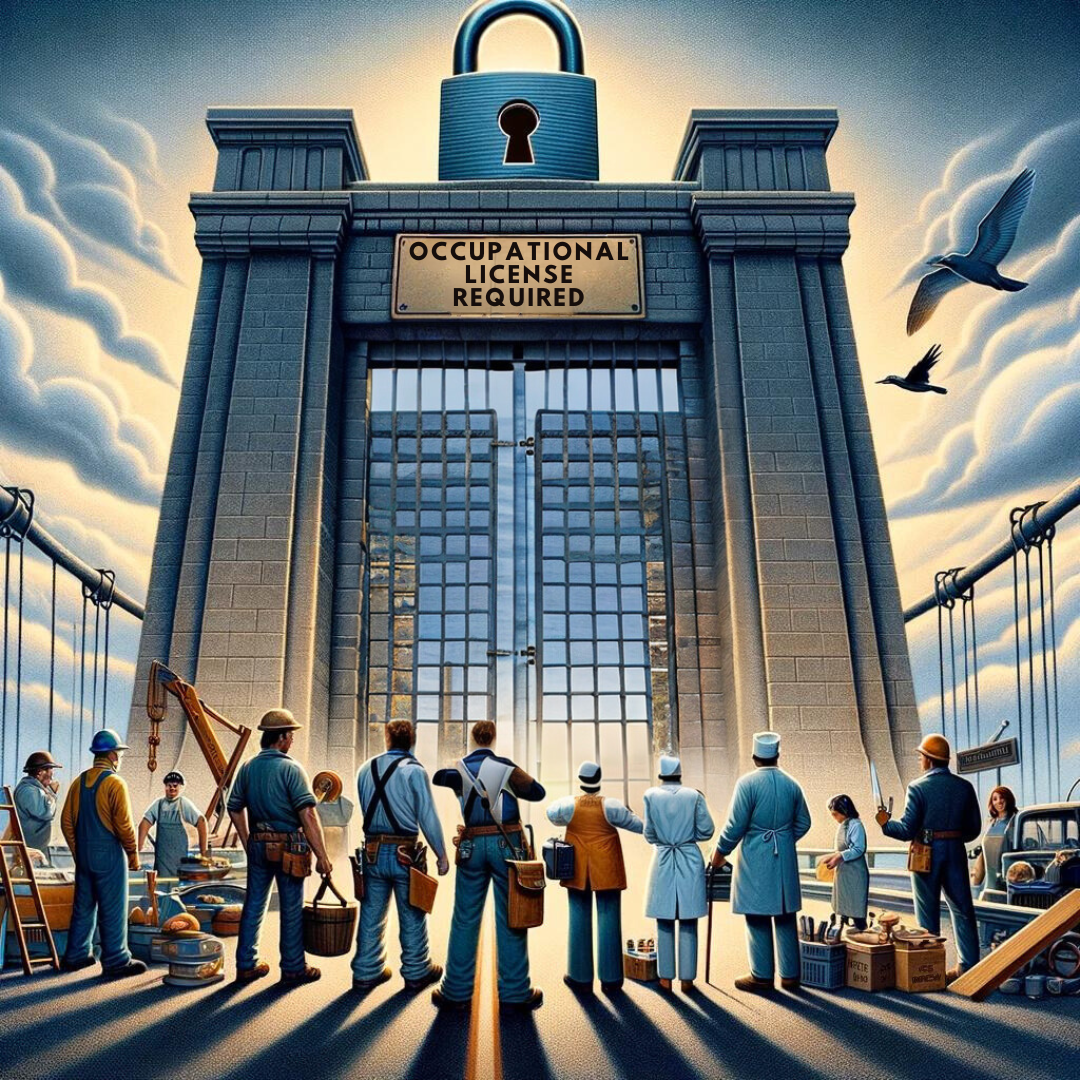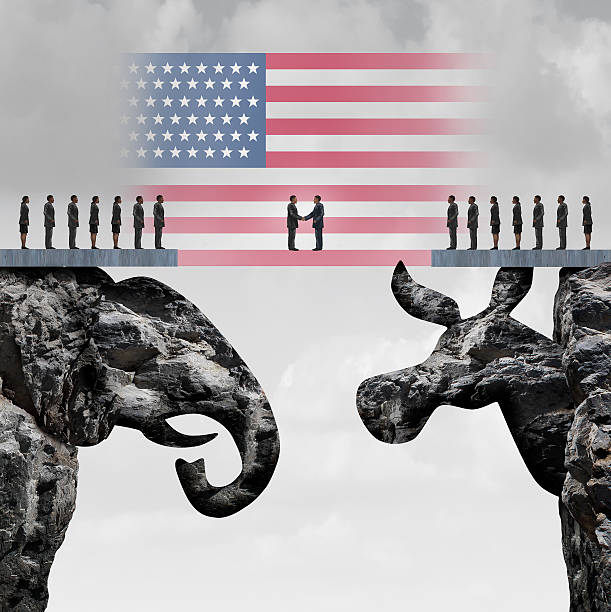Coming soon to Washington?
The day the U.S. Supreme Court announced its landmark ruling in the case of Janus v. American Federation of State, County and Municipal Employees (AFSCME) ending the mandatory union fees paid by public employees around the country, government unions and the lawmakers they helped elect made it clear they have no plans to simply comply with the spirit of the Court’s decision.
New York Governor Andrew Cuomo immediately signed an executive order prohibiting state agencies from disclosing the personal contact information of state employees to the public. Of course, those agencies can still release that personal contact information of state workers to government unions. Public disclosure laws typically ensured public access to such information, and workers’ rights organizations have used it to contact workers to ensure they know and understand their right to quit paying their union for representation they do not want. Now only unions can access that information to contact workers.
As an entertaining side note, Governor Cuomo’s press release says the Executive Order “builds on the Governor's commitment to protecting organized labor in the face of the federal government's assault on unions.” So giving workers the freedom to choose whether to pay a union constitutes an assault on unions.
Rhode Island Governor Gina Raimondo has similarly declared the contact information of state workers off limits to the public, with the exception of government unions.
The most brazen proposal comes from a New York lawmaker who says he will introduce legislation he calls a “workaround” of the Janus ruling. His bill would allow government unions to include collective-bargaining costs in their contracts with government agencies to replace the mandatory fees banned under the Janus ruling. Government unions would be able to trade a portion of wage increases for public employees to pay for collective-bargaining costs.
This is similar to an idea endorsed by The New York Times last week, which opined that government unions “must save themselves” after the Janus ruling (which the editorial board calls a “right-wing attack). The idea that unions should “save themselves” by responding to workers’ needs and providing services that workers will find valuable enough to want to pay for is apparently crazy talk. They should instead seek to figure out ways to continue their guaranteed stream of revenue.
The Times does admit the idea could be a tough sell:
“Of course, while mathematically straightforward, this change could be difficult to implement. Some lawmakers might balk at paying unions directly, and workers might resent earning less...”
Hmmm, workers might resent earning less so their government union doesn’t have to? You think?
Not to be left out of the scramble to show allegiance to the government unions that fund their campaigns, lawmakers in California fast-tracked a bill full of government union giveaways (emphasis added) that apply to all government employers (state and local):
Among that state’s new requirements are:
- Any request to begin dues deductions or cancel dues deductions must be made to the union, and not the employer;
- The union is responsible for letting the employer know the amount of dues deductions for employees;
- The employer must accept the information provided by the union on dues deductions for employees;
- If a union states it has written authorization for begin deductions, it is not required to provide the employer a copy of the individual authorization unless a dispute arises about the existence or terms of the authorization. (translation: trust, but don’t bother verifying)
- If an employer disseminates mass communications to public employees or applicants to be public employees concerning public employees’ rights to join or support an employee organization, or to refrain from joining or supporting an employee organization, it shall meet and confer with the exclusive representative concerning the content of the mass communication.
- If the parties cannot reach agreement and the employer decides to go ahead with its proposed mass communication, it must also distribute a communication of reasonable length provided by the union.
- The date, time, and place of [a new employee] orientation shall not be disclosed to anyone other than the employees, the exclusive representative, or a vendor that is contracted to provide a service for purposes of the orientation.
California Governor Jerry Brown signed the bill the day the Court announced the Janus ruling.
Here in Washington, some lawmakers similarly wasted no time publicly reassuring government unions they would be taking care of union business.
After the Court’s invalidation of HB 2751 and its now illegal opt out system, the sponsor of the bill, Rep. Monica Stonier (D-Vancouver) responded that there are potential tweaks to her legislation that could make it legal, and that she is currently analyzing the Janus decision to see if there are other bills she could support that would bolster unions.
Senator Karen Keiser (D-Kent), who chairs the Senate Labor & Commerce Committee and who served as the Communications Director for the Washington State Labor Council for 25 years (while also serving in the legislature), said there will be more legislative help for public sector unions next year, promising, “there will be many new initiatives in 2019.”
Based on what other states are doing, there is not shortage of bad ideas for Senator Keiser to choose from.







